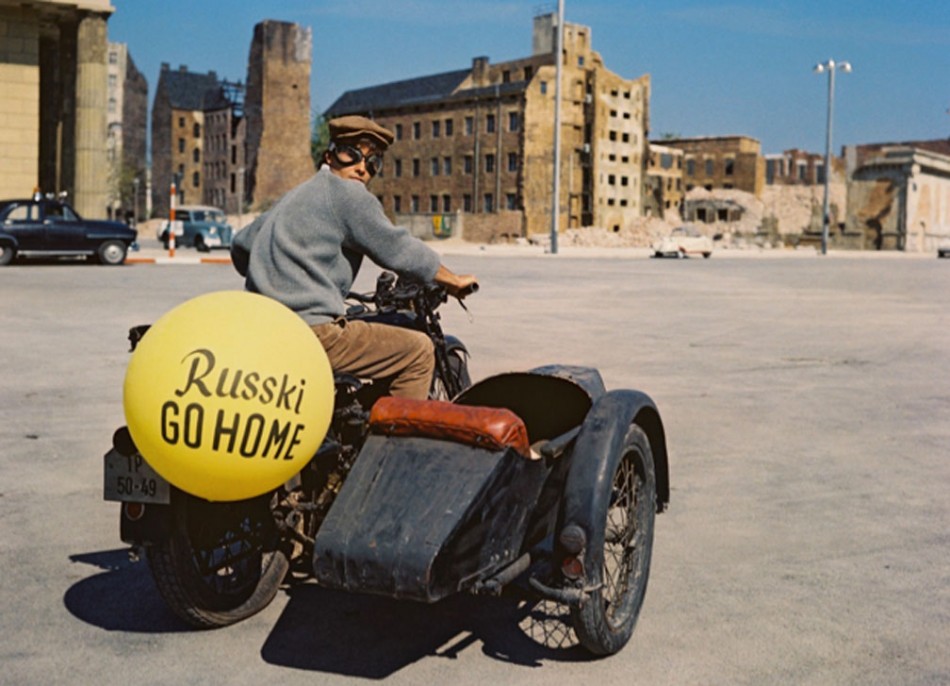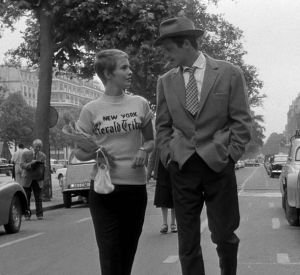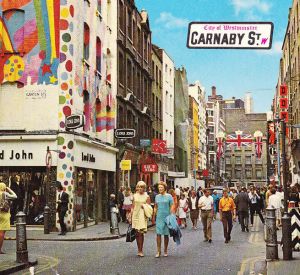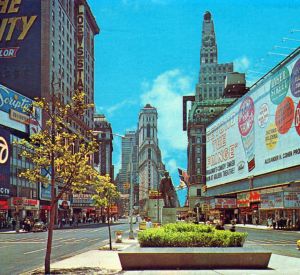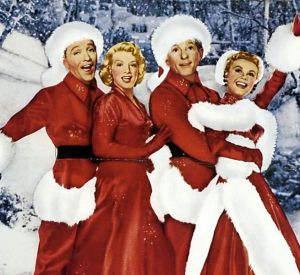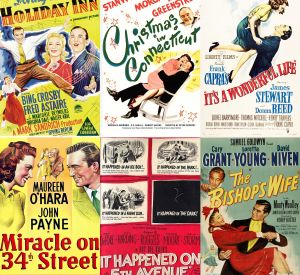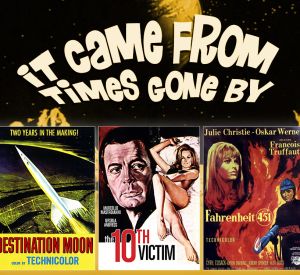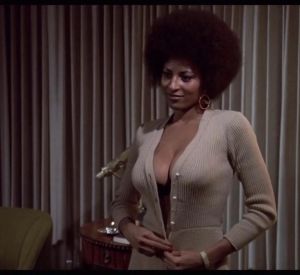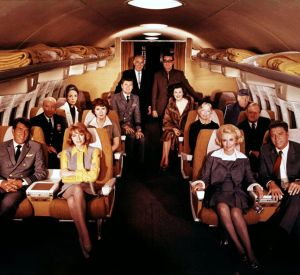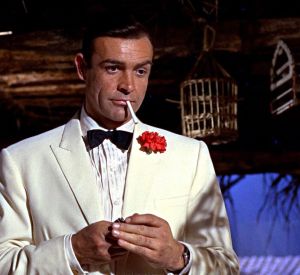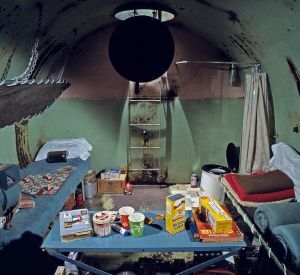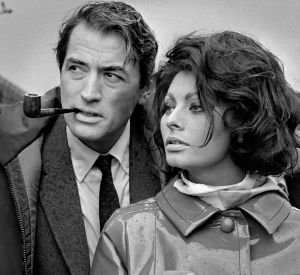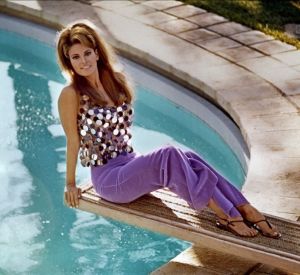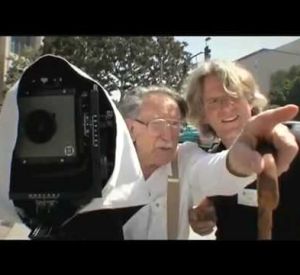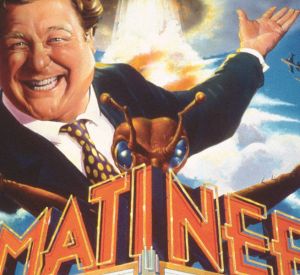Destination Berlin – Six Movies Where Berlin is the Star
Sometimes, the city in which a movie is set plays a role more important than that of the main characters and, over the years, New York and Paris and London have provided lively settings for many popular films. But what of Berlin? With its combination of old world glitzy decadence and the stark deprivation of modernity, Berlin captured the imagination of many filmmakers throughout the last century.
A Foreign Affair (1948)
A Foreign Affair is ostensibly a light-hearted romantic comedy set during the Allied occupation, but it possesses the same cynical bite and undercurrent of hopelessness that runs through many of the films set in Berlin. Directed by Billy Wilder and starring Jean Arthur and Marlene Dietrich, it’s an odd affair—Dietrich’s character is supposed to have been the lover of Hermann Goering or Joseph Goebbels; she’s seen hanging out with Hitler in newsreels and winds up working in a labor camp. Not the stuff of your usual romantic comedy. But the film is interesting in its use of images of bombed-out Berlin as well as its cheeky criticism of the Allied occupation. Recently, a critic cited A Foreign Affair as being “as relevant to the current American involvement in Iraq as if it have been made yesterday.”
https://www.youtube.com/watch?v=XnURKmu8RrY
Germany Year Zero (1948)
A work of neo-realism and the final film in Roberto Rossellini’s war trilogy, Germany Year Zero explores life in Berlin after World War II. A far cry from A Foreign Affair, this is a straight-up harrowing drama, where hopelessness provides the foundation rather than mere undercurrent. The story follows the life of a thirteen-year-old boy as he wanders through a Berlin that is in ruins, ruled by the black market and utterly destroyed.
One, Two, Three (1961)
12 years after A Foreign Affair, Billy Wilder was back in Berlin filming a light-hearted Cold War comedy. As he was shooting One, Two, Three, The Berlin Wall went up. The plot— involving executives at Coca-Cola, a wayward socialite, and a young lover with virulent anti-capitalistic views— yields a fascinating look at the clash between American and German culture. For example, in one scene, the East German police coerce a confession from a suspect through repeated exposure to the song “Itsy Bitsy Teenie Weenie Yellow Polka Dot Bikini.” The Berlin of One, Two, Three is a city in flux, a city that—even as the film was being made— is preparing to shut out the world.
The Spy Who Came in from the Cold (1965)
Adapted from the novel by John le Carré, Martin Ritt’s The Spy Who Came in from the Cold stars Richard Burton, Claire Bloome and Oskar Werner. Closely following the novel, the film bounces back and forth between East and West Berlin. It’s a dark tale of shifting allegiances and lies that uses The Wall as a physical representation of how political ideologies divide people and how deadly that can be.
It Is Not the Homosexual Who Is Perverse, But the Society in Which He Lives (1971)
Directed by Rosa von Praunheim, It Is Not the Homosexual… is a racy, campy flick that explores gay life in Berlin in the 1970s, as well as the rampant discrimination and fear. The Berlin depicted here isn’t the Berlin of the guidebooks but, rather, one of elegant cafes, boutiques and beaches. A Berlin with a thriving, through hidden, gay night-life. In It Is Not the Homosexual…, we see the violent, sexy underside of the city, a view typically accessible only by its outcasts.
https://www.youtube.com/watch?v=C8oSr2oGUok
Cabaret (1972)
Based on the Broadway musical of the same name as well as stories by Christopher Isherwood, Cabaret depicts Berlin life during the Weimar Republic, as the National Socialist Party is beginning to gain political momentum. Starring Liza Minelli, Michael York and Joel Gray, and directed by Bob Fosse, the central drama of Cabaret revolves around a love triangle between an English academic, an American nightclub singer, and a rich German playboy, but the Nazi’s rise to power remains an ever-present, ominous threat throughout the film. The Berlin we see in Cabaret is an anarchic, bohemian wonderland, on the verge of a devastating, ruinous end.


